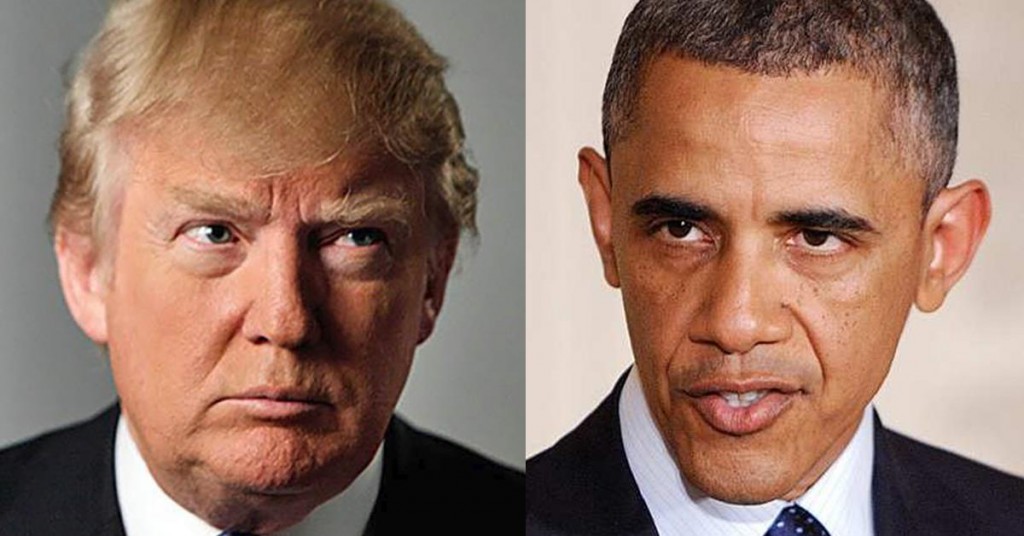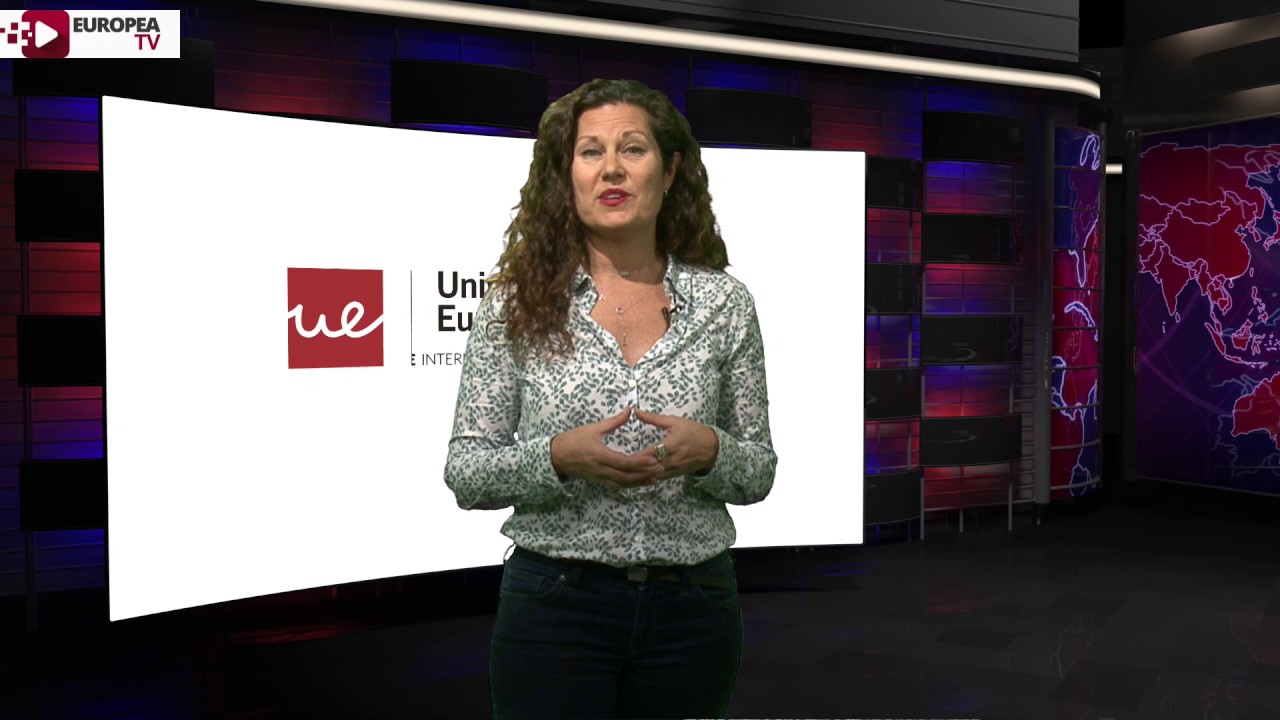In the framework of my study of North America, I had to interview someone from this region. After having contacted the embassy of Canada to Spain, they kindly granted me the opportunity to meet Mr. Simon Cridland, their political counselor, in order to question him about his day-to-day work and the current Canadian challenges.
We started by introducing ourselves and I presented the purpose of the interview. Firstly, I asked Mr. Cridland in what consisted his job. “The main part of my work is to follow the political and economic situation in Spain and write reports to the Ottawa headquarters and to the other Canadian embassies when it could have some interest for them”, answered Mr. Cridland. For instance, if the Spanish foreign policy evolves, Canada must be informed. Moreover, a political counselor is attentive to the policies and announcements of new and traditional political parties, particularly during this election-filled year. Mr. Cridland is “also interesting in local politics”, including in the Spanish communities since Canada has economic ties with a number of them. Another important task is promoting Canada. It can lead him to highlight, before the Spanish institutions, a policy that the Canadian Government wants other countries to support. Additionally, Mr. Cridland promotes the priorities of the Canadian Government, which include religious diversity, international security, the principle of good governance, children and women rights, education and the Comprehensive Economic and Trade Agreement, the trade agreement between Canada and the European Union for which negotiations were recently concluded.
Afterwards, I carried on to the subject of the challenges that Canada and other countries are facing with the rise of terrorist groups. I enquired Mr. Cridland about the measures implemented by Canada to fight terrorism. He informed me that 600 Canadian troops were in Iraq at the moment with the mission to train the Iraqi troops. Moreover, Canadian aircraft are bombings ISIS targets. Canada also gives Iraq money to buy non-lethal equipment such as helmets or tents and to invest in development. Then, I added that the Canadian Government was in favor of a legislative bill to strengthen the fight against terrorism by giving more powers to the intelligence services and to the police. I asked Mr. Cridland if this bill could be considered as a kind of Patriot Act. He told me that the bill is being debated in Parliament where various views about the bill are being raised. However, he noted that the Government was already planning to introduce such a bill before the October 2014 terrorist attacks in Canada. I questioned if there was a link between the Canadian involvement in the international coalition against ISIS and the terrorist attacks that Canada has faced. In his opinion “we can’t know for sure”.
Thereafter, we discussed the other Canadian challenges. Mr. Cridland mentioned the global security, the events in the Middle East, the crisis in Ukraine, Ebola and the security issues in Africa, the respect of human rights and the economic rules since Canada supports free trade.
I decided to delve further into some issues. Firstly, we focused on Ebola. He informed me that no Canadian citizens have been infected, nevertheless Ebola has led to lots of concerns. Canada sent help to Africa and some vaccines were developed in Canada and dispatched in Africa. We continued with the Canadian tools to promote human rights. Mr. Cridland explained me that Canada could sanction or put pressure on Governments that disrespect human rights. Canada can also engage in dialogue to encourage countries to modify aspects of their politics related to human rights. Mr. Cridland distinguished two types of human rights: the political ones, controlled by the Government like the freedom of expression or the right to vote, and human rights linked with culture or poverty such as women and children health. Canada gives poor countries money to improve this second category. Canada is particularly concerned about three gender-based issues: health that Canada develop with its program dedicated to “maternal, newborn and early child health”, early and forced marriages that Canada prevent by working with Governments to change the laws and violence against women especially during conflicts that Canada fights by, among other things, encouraging education and awareness of the issue.
To conclude, I asked Mr. Cridland his advice for an international relations’ student. His tips were to study topics that interest you, maybe to study more deeply one part of the world but without forgetting the rest of the world. It is not as important what you learn in terms of subject, but lessons that it teaches you about how to analyze and think. His final advice was to “be persistent” and I completely agreed with him!
I would like to thank Mr. Cridland for the time he devoted to me and for his reception and the interest he showed to my questions. It was an enriching experience to discuss the current Canadian challenges with someone so informed.





